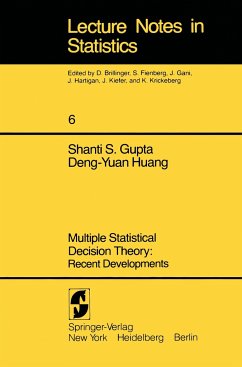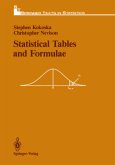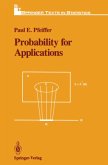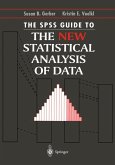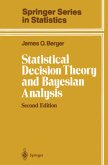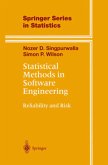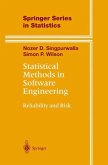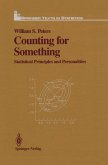The theory and practice of decision making involves infinite or finite number of actions. The decision rules with a finite number of elements in the action space are the so-called multiple decision procedures. Several approaches to problems of multi ple decisions have been developed; in particular, the last decade has witnessed a phenomenal growth of this field. An important aspect of the recent contributions is the attempt by several authors to formalize these problems more in the framework of general decision theory. In this work, we have applied general decision theory to develop some modified principles which are reasonable for problems in this field. Our comments and contributions have been written in a positive spirt and, hopefully, these will an impact on the future direction of research in this field. Using the various viewpoints and frameworks, we have emphasized recent developments in the theory of selection and ranking ~Ihich, in our opinion, provides one of the main tools in this field. The growth of the theory of selection and ranking has kept apace with great vigor as is evidenced by the publication of two recent books, one by Gibbons, Olkin and Sobel (1977), and the other by Gupta and Panchapakesan (1979). An earlier monograph by Bechhofer, Kiefer and Sobel (1968) had also provided some very interest ing work in this field.
Hinweis: Dieser Artikel kann nur an eine deutsche Lieferadresse ausgeliefert werden.
Hinweis: Dieser Artikel kann nur an eine deutsche Lieferadresse ausgeliefert werden.

